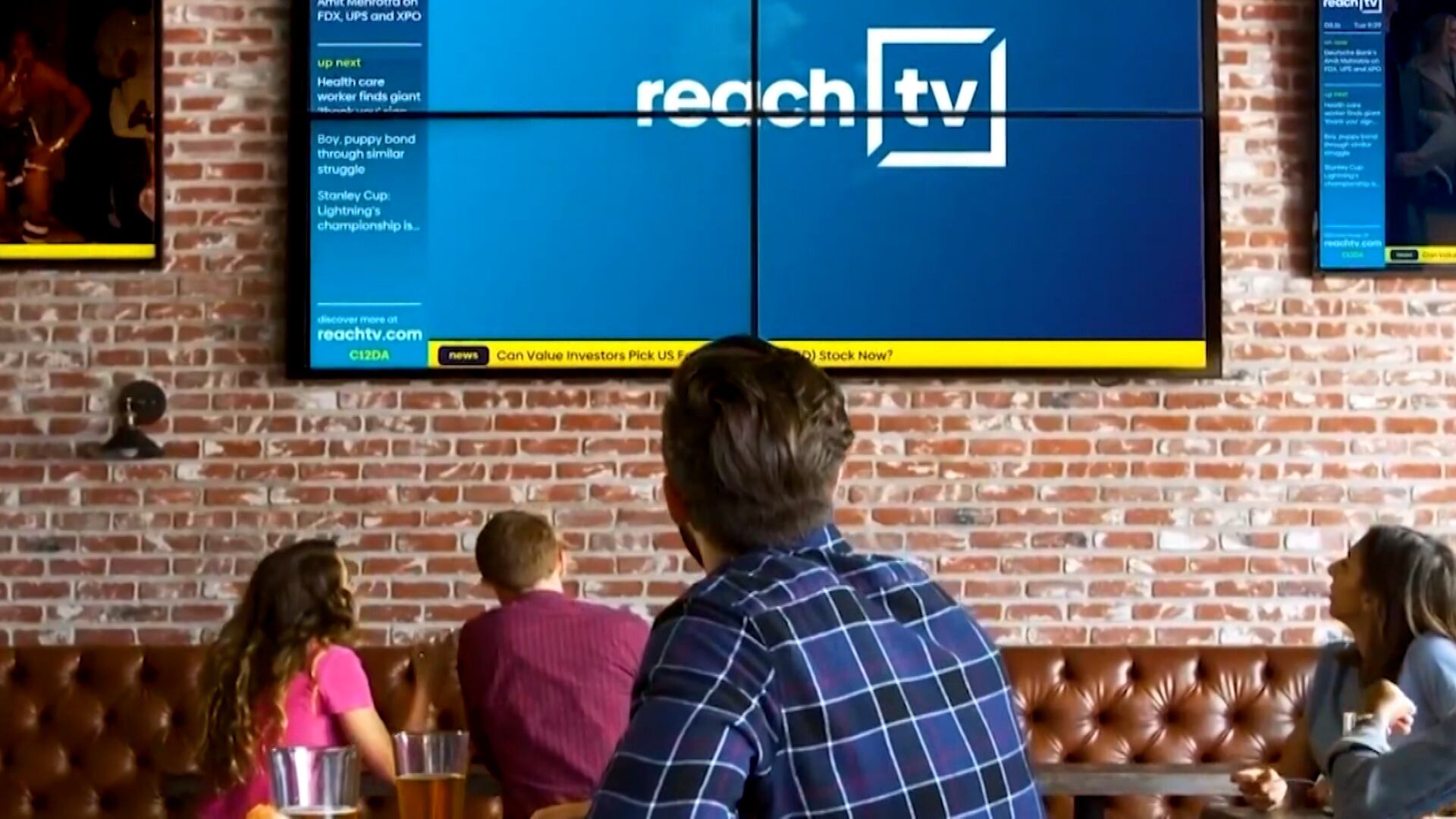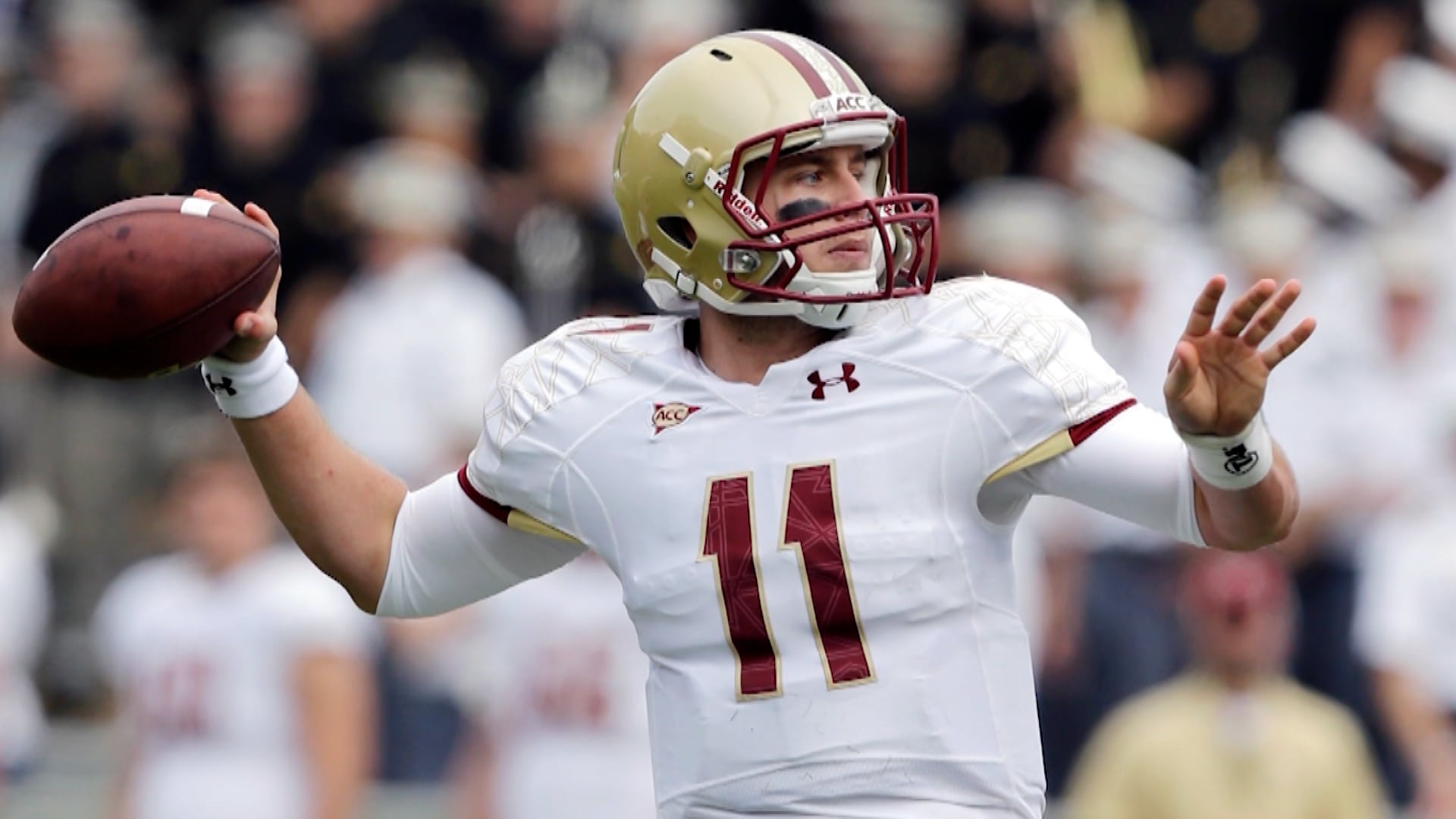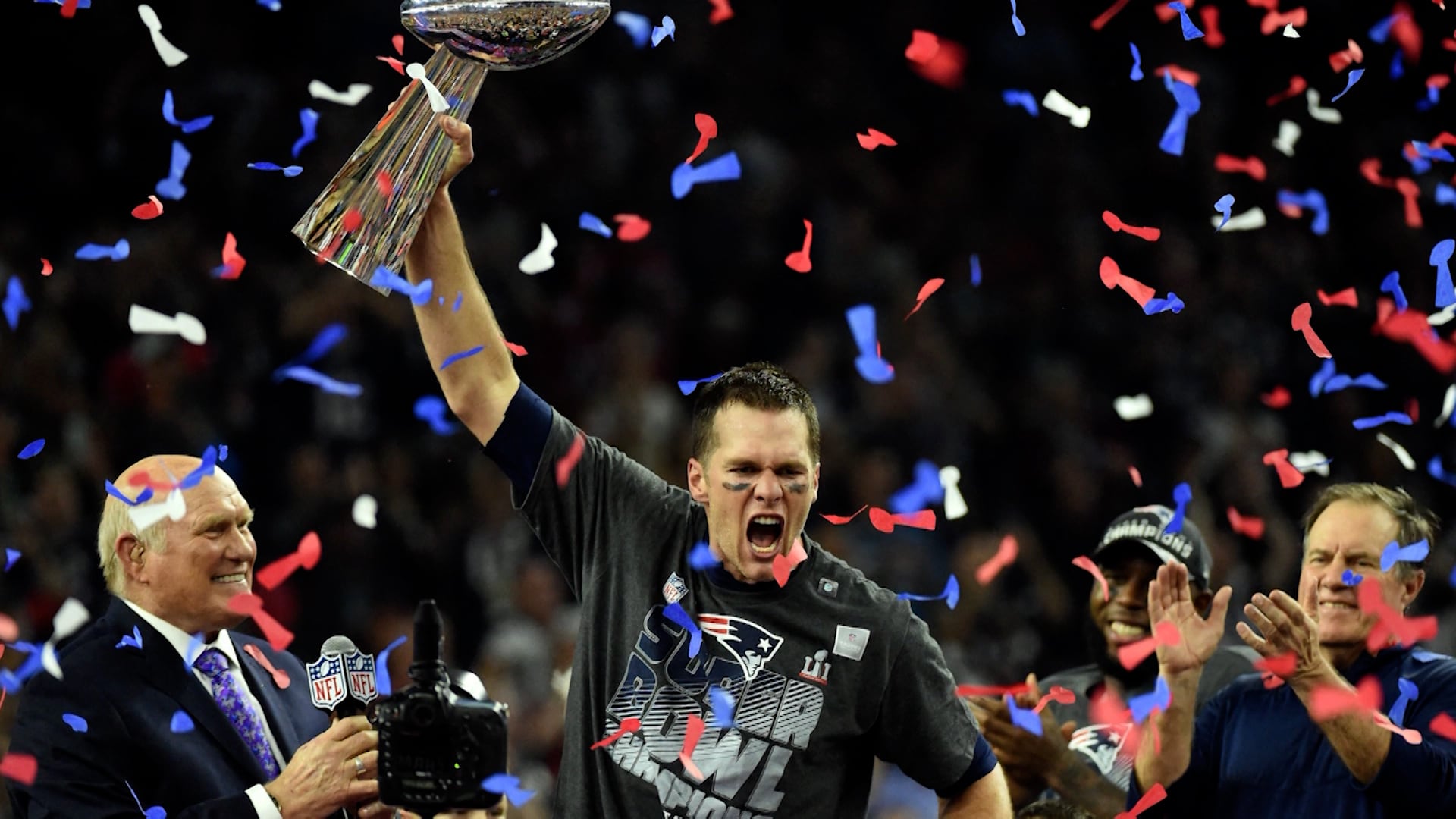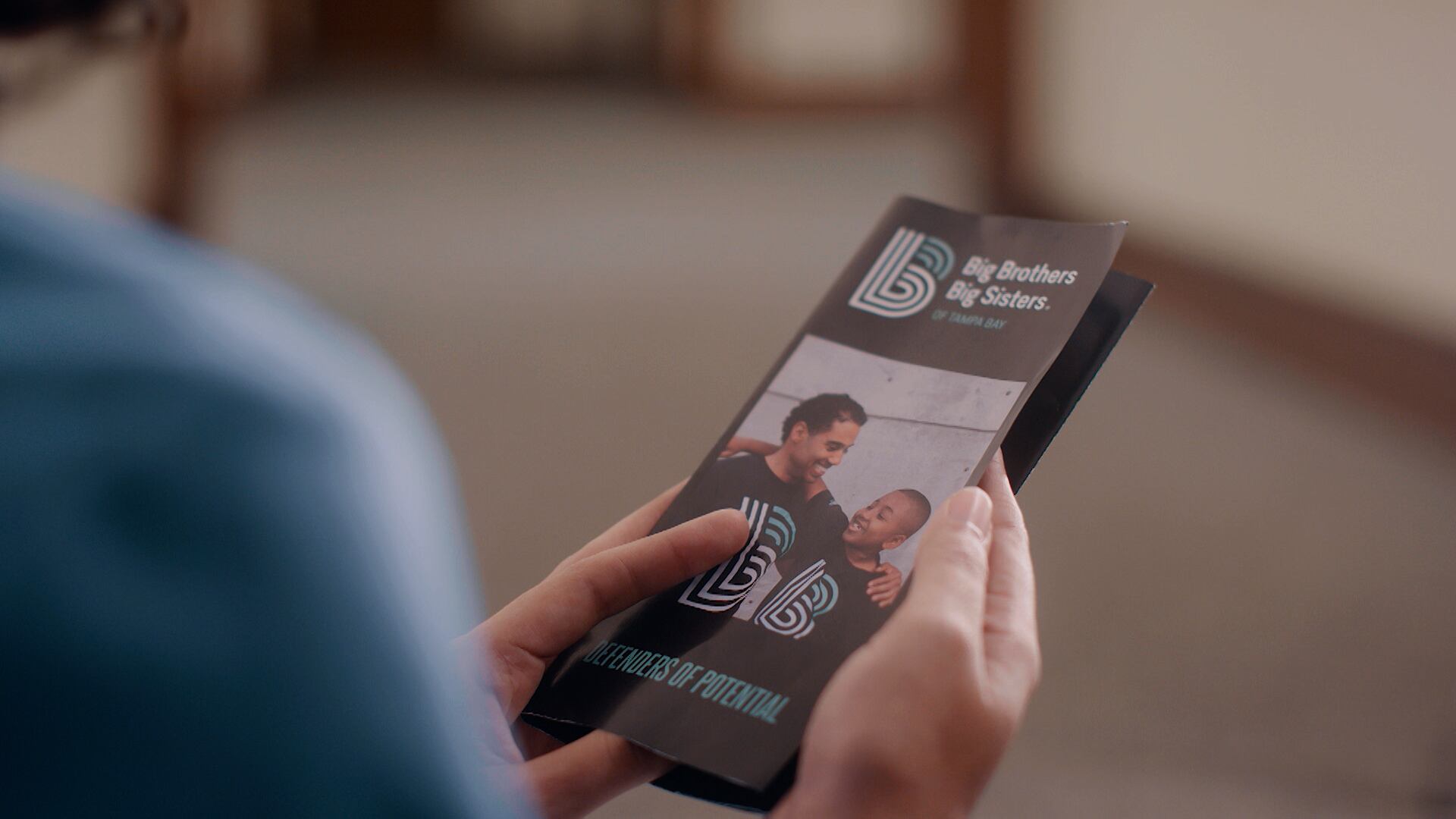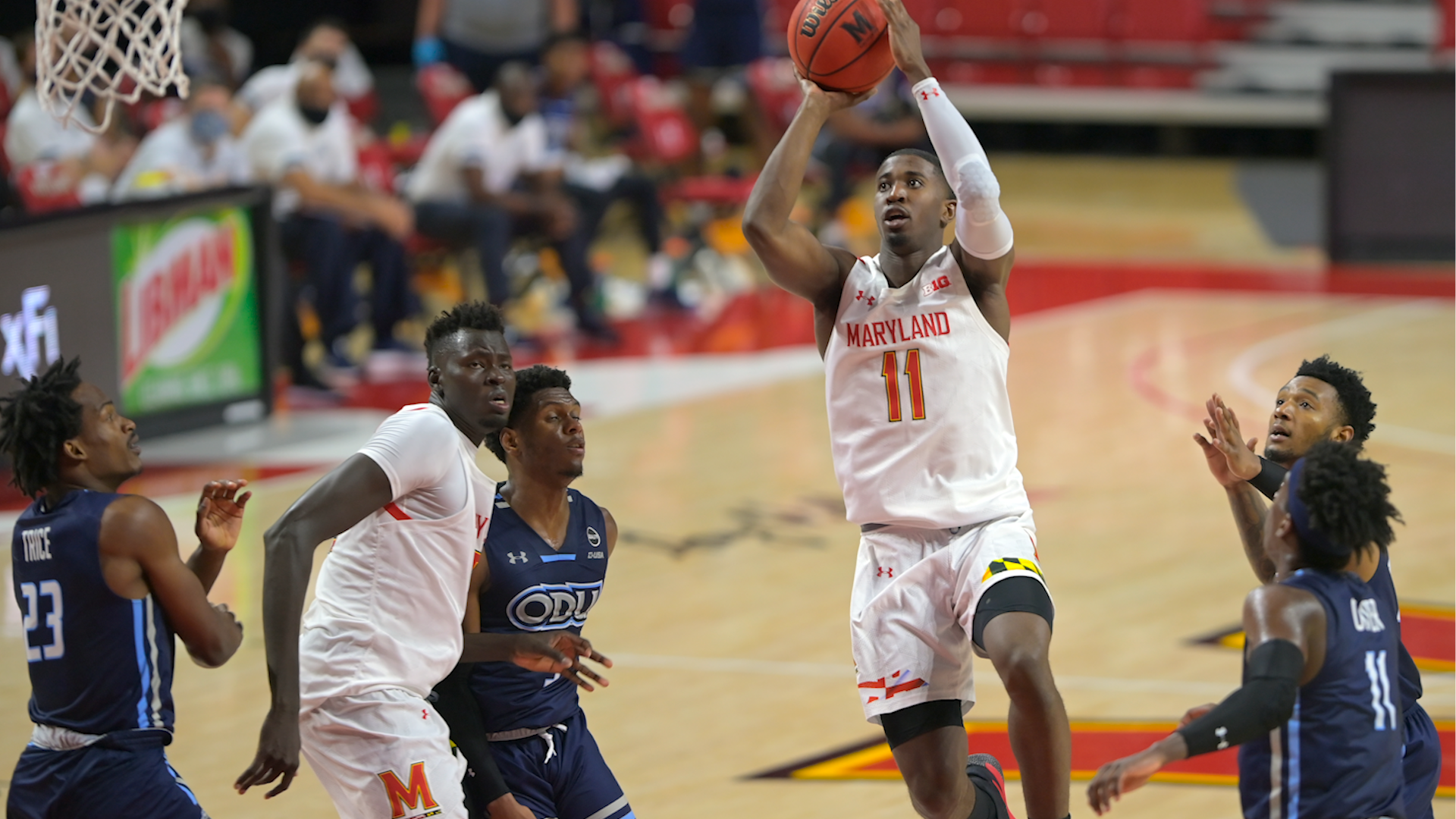By Stephen Whyno
The Washington NFL franchise announced Monday it is dropping the "Redskins" name and Indian head logo, bowing to recent pressure from sponsors and decades of criticism that they are offensive to Native Americans.
A new name must still be selected for one of the oldest and most storied teams in the National Football League, and it's unclear how soon that will happen. But for now, arguably the most polarizing name in North American professional sports is gone at a time of reckoning over racial injustice, iconography, and racism in the U.S.
The team said it is "retiring" the name and logo and that owner Dan Snyder and coach Ron Rivera are working closely to develop a new moniker and design. The announcement came on the old letterhead with the Redskins name because the team technically retains it until a new one is approved.
"As a kid who grew up in the (D.C. area), it'll always be #HTTR (fight song 'Hail to the Redskins') but looking forward to the future," starting quarterback Dwayne Haskins tweeted.
The "R" in "Hail to the Redskins" could soon be replaced by Redtails, Redwolves or Redhawks. Redtails or Red Tails — an homage to the Tuskegee Airmen from World War II — is the favorite on online sportsbook BetOnline, and the group said it "would be honored and pleased to work with the organization during and after the (name change) process, should this name be adopted."
This will be the NFL's first name change since the late 1990s when the Tennessee Oilers became the Titans two seasons after moving from Houston.
After President Donald Trump last week criticized the Redskins and Major League Baseball's Cleveland Indians for considering name changes, White House press secretary Kayleigh McEnany said the president "believes that the Native American community would be very angry at this and he does have polling to back him up." She cited a 2016 Washington Post poll showing 90% of Native Americans aren't offended by the name, a survey that has since been discredited by experts.
The announcement came less than two weeks after Snyder, a boyhood fan of the team who once declared he would never get rid of the name, launched a "thorough review" amid pressure from sponsors. FedEx, Nike, Pepsi, and Bank of America all lined up against the name, which was given to the franchise in 1933 when the team was still based in Boston.
Native American advocates and experts have long criticized the name they call a "dictionary-defined racial slur." Over a dozen Native leaders and organizations wrote to NFL Commissioner Roger Goodell last week demanding an immediate end to Washington's use of the name. Goodell, who has fielded questions on the topic for years, said he supported the review.
"The NFL and Dan Snyder, we have to commend them on making the right call to change the name," said Oneida Indian Nation Representative Ray Halbritter, leader of the "Change the Mascot" campaign. "Dan Snyder won today because now he has a legacy that will be different from the racial slur that was the team name. I know that's not an easy thing to do, but it was the right thing to do."
Protests against the name predate Snyder buying the team in 1999, and, until now, he had shown no willingness to consider a change. Strong words from sponsors — including a company run by a minority stakeholder of the team — changed the equation.
FedEx earlier this month became the first sponsor to announce it had asked the organization to change the name, particularly important because CEO Frederick Smith owns part of the team. FedEx paid $205 million for the long-term naming rights to the team's stadium in Landover, Maryland.
The lease at FedEx Field expires in 2027, and dropping the name keeps open various possibilities in Maryland, Virginia and Washington for the team's new stadium and headquarters. District of Columbia Mayor Muriel Bowser has said the name was an "obstacle" to Snyder building on the old RFK Stadium site, which is believed to be his preference.
Bowser said she welcomed the name change but there were still obstacles to overcome before the team's return from suburban Maryland became a serious possibility.
"Yes, we want to change the name and change the location," she said. "The Washington football team should be playing in Washington."
At a Dick's Sporting Goods store in the northeast part of the district, Redskins burgundy gear took up far less rack space Monday than that of the reigning MLB champion Nationals and about as much as the NHL's Capitals. A store employee said the merchandise generally doesn't sell very well, crediting that to a combination of the name, the move out of the district, and years of professional mediocrity.
MLB's Atlanta Braves and the NHL's Chicago Blackhawks have said they have no inclination to make a change. Some advocates would like to see all Native American names, mascots, and imagery out of sports.
"Our fight continues," Crystal Echo Hawk of the Native American advocacy group IllumiNative said in a statement. "We will not rest until the offensive use of Native imagery, logos, and names are eradicated from professional, collegiate, and (other school) sports. The time is now to stand in solidarity and declare that racism will not be tolerated."
Halbritter said it was important to note those other names are not a slur, but he hopes a "broader discussion" can be had. He pointed out that Florida State spoke with the Seminole tribe about its name, the same thing a minor league baseball team in Spokane, Washington, did with local Native Americans.
Long removed from the glory days of winning Super Bowl titles in the 1982, 1987 and 1991 seasons under coach Joe Gibbs, Washington's NFL team has just five playoff appearances in 21 years and no postseason victories since 2005. The team has lacked a nationally marketable player since Robert Griffin III's short-lived stardom, and the 2020 schedule features zero prime-time games for a franchise that used to be a draw.
Re-branding with a new name and logo — and perhaps the same burgundy and gold colors — coupled with turning football operations over to Rivera could be a boon for Snyder on and off the field. Even if a segment of the fan base opposes the change in the name of tradition, winning would more than make up for those losses.
Marty Conway, a Georgetown University adjunct professor of sports marketing and business, said that while the NFL and team could pay tens of millions of dollars to buy back old merchandise, the long-term benefits are more lucrative with a new stadium naming rights deal and other corporate sponsorships.
"It's a huge opportunity, certainly long overdue in terms of the time frame," Conway said. "But I think there's sort of an immediate opportunity, which we're seeing play out every day, which is to reposition the franchise and in a step-by-step way away from the roots of its past and consistent with the change in time and social climate."
___
Associated Press writers Kevin Freking and Ashraf Khalil contributed to this report.
